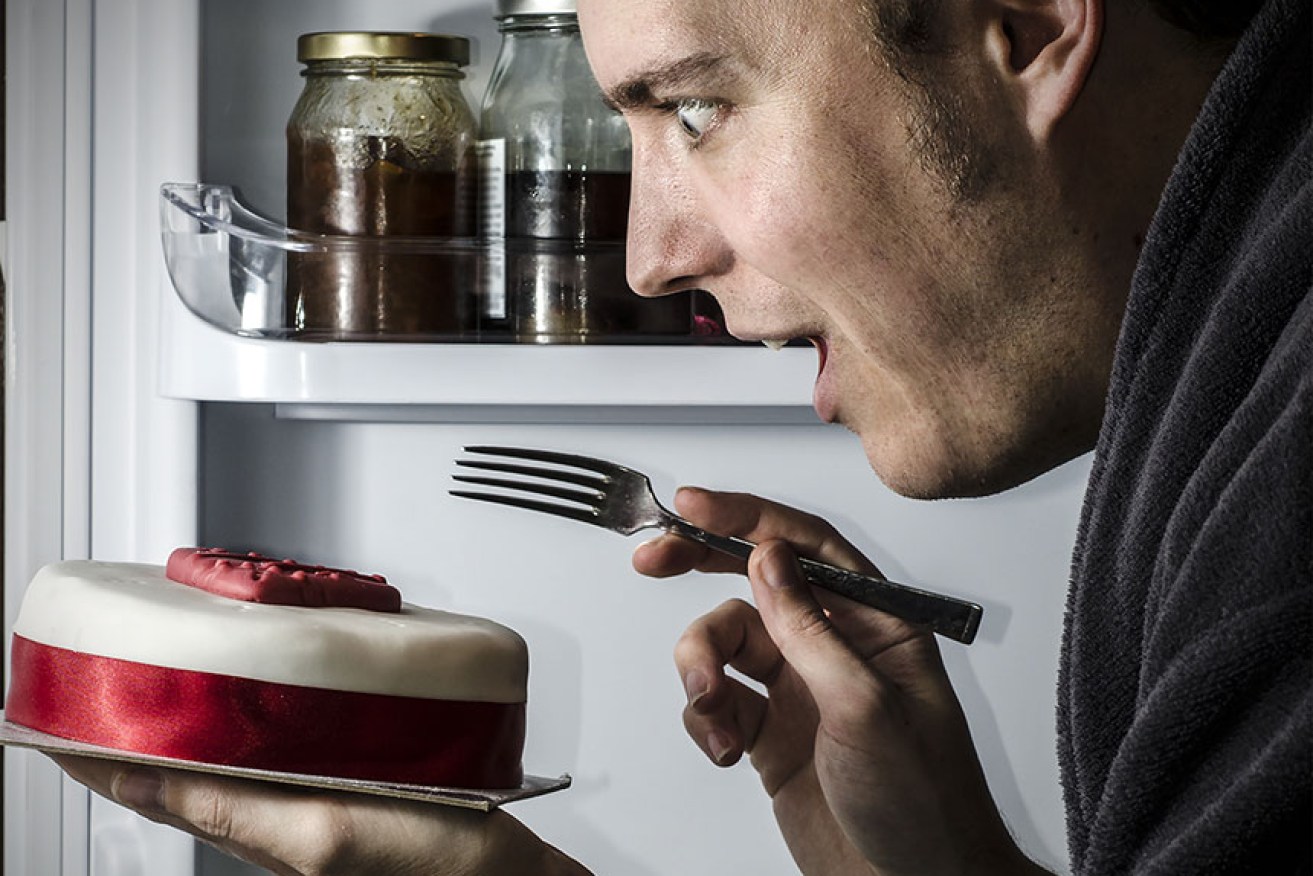Exercise and the great weight loss myth

Medical professionals have failed to empower most Australians with the knowledge they need to lose weight, a recent study has suggested.
Even among patients with low ‘health literacy’, many doctors and nurses did not attempt to impart obesity education on their patients, the University of New South Wales research reported.
Based on these results, patients who appear unmotivated to lose weight might simply lack the necessary facts, the study’s lead researcher told The New Daily.
• The seven essential health check-ups you need
• Click here to find out how healthy you really are
• This is the ‘most dangerous’ drug on the market
“In fact, at least two-thirds of the time it’s because of their lack of knowledge or skill in managing their weight,” UNSW Centre for Obesity Management and Prevention Research director Professor Mark Harris said.
Previous research found one in five Australians lacked basic health knowledge and as many as 60 per cent had less than ideal knowledge.
With that in mind, here is what you can do to fight back against the obesity epidemic.
Exercise alone is not the answer

While good for you health, exercise alone does not make you lose weight.
Physical activity, very important for general health, is not overly useful for losing weight.
“One piece of misinformation from the media is often that as long as you run up hills and get exhausted you are suddenly going to lose weight,” Professor Harris said.
“That’s not going to happen.”
While exercise helps maintain your current weight and stave off hunger, it is very difficult to do enough to shed additional fat, he said.
“You’ve really got to do an enormous amount of sustained physical activity to actually use it to lose weight.”
Eliminate the obvious junk

Sugary drinks have absolutely no dietary value, Professor Mark Harris says. Photo: Shutterstock
There is no point making an enemy of just one nutrient, whether its sugar, fat, salt or something else, Professor Harris said.
But there are certain food products which contain such excessive amounts of the nutrients we already eat too much of that they have “no place in our diet”, he said.
Worst of these is sugary drinks, which have “no value at all”, Professor Harris said.
These sweet beverages are the second-biggest source of sugar (9.7 per cent) in the Australian diet after fruit (16 per cent), the national health survey reported.
Eat more vegetables
Most Australians eat the recommended two portions of fruit per day, but fall far short of five serves of veggies.
“They both contain really important nutrients and fibre and are important to our gut bacteria and have all sorts of other benefits, but the real problem is that the average Australian eats two or less serves of vegetables per day,” Professor Harris said.
A recent study published in the Journal of General Internal Medicine found that vegetarians lost two kilos and vegans 2.5 kilos more than those who ate animal products.
For more information on healthy eating, see the national dietary guidelines
Eat less in a way that suits you

Find the weakness in your diet and try to stamp it out. Photo: Shutterstock
Reducing energy intake is the key to weight loss, Professor Harris said.
Most Australians eat between 8000 and 9000 kilojoules when to lose weight they should eat between 6500 and 7000, he said.
How you do that is up to you.
“There’s no magic bullet,” Professor Harris said.
“Some people will find a relatively high protein, low carbohydrate diet will help them deal with some of their hunger.
“Others will find trying to lose weight quickly is possible; others won’t be able to achieve that.”
Find your weaknesses
Where Australians get their excess 2000 kilojoules or so is different for each person.
“You really need to identify what the problem is that that person has got with their diet,” Professor Harris said.
These weaknesses could be excessively large serving sizes, too much kilojoule-dense food or lots of snacking between meals.
To combat this, keep a food diary and take the results to your doctor.








